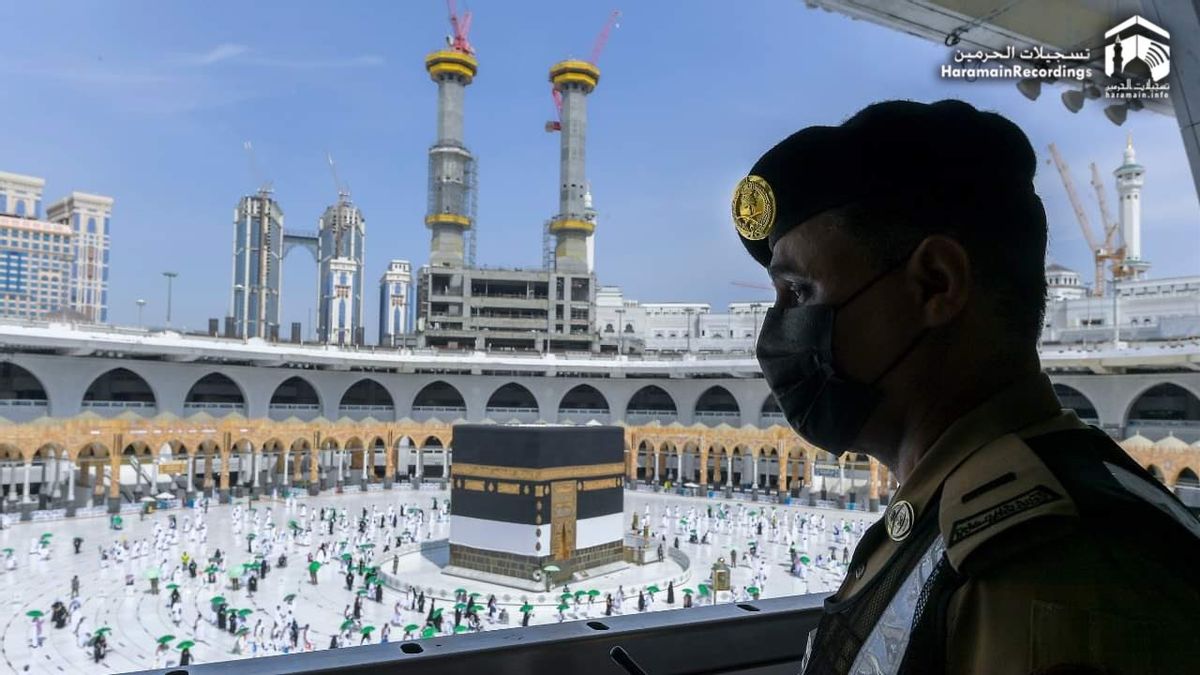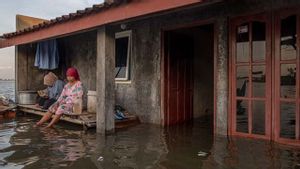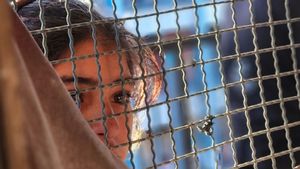JAKARTA - The Ministry of Health of Saudi Arabia has announced that domestic pilgrims are required to take the meningitis and seasonal flu vaccines ahead of this year's hajj season.
Pilgrims from the kingdom are required to take the meningitis vaccine, if they have not been given it in the past five years, and the seasonal flu vaccine, which is mandatory for those who have not taken it.
This vaccine is to complement the two doses of the approved COVID-19 vaccine. Meningitis and seasonal flu vaccines must be given at least 10 days before performing Hajj in July.
Meanwhile, for international pilgrims from various countries, there is no vaccine requirement for diseases other than the corona virus.
Saudi Arabian authorities are eager to welcome pilgrims from abroad this year, after the kingdom's mass vaccination campaign helped stem the spread of COVID-19, which prompted a drop in the number of cases and the easing of social distancing and travel regulations.
The latest COVID-19 infection case figures released on Friday last week by the ministry showed 945 new cases of Covid-19, bringing the kingdom's total number of infections since the start of the coronavirus pandemic to 783,076.
In addition, there have been three deaths, bringing the total number of deaths to 9,183, while 114 people are said to be in critical condition.
Meanwhile, around 67 million doses of the COVID-19 vaccine have been administered since Saudi Arabia's immunization campaign began, with more than 25 million people fully vaccinated.
With the hajj season approaching, 147,094 pilgrims from various countries had reached Madinah as of last Saturday.
It is known, the Ministry of Hajj and Umrah reported that so far around 136,007 pilgrims have landed at Prince Mohammad bin Abdulaziz International Airport in Medina since it started welcoming the first hajj flights, while 11,087 pilgrims arrived via land borders.
Authorities have outlined procedures to be followed at points of entry within and before entering the country. This includes verification of all health documents, including vaccination certificates, and in-person checks.
Earlier this month, Saudi Arabia said people were no longer required to wear masks, after authorities lifted a series of measures taken to stop the spread of COVID-19. However, worshipers must still wear masks when visiting the two Holy Mosques, the Grand Mosque and the Prophet's Mosque.
To note, Saudi Arabia plans to allow up to one million pilgrims from abroad this year, expanding its handling capacity after two years of limiting the Hajj to domestic pilgrims only.
The English, Chinese, Japanese, Arabic, and French versions are automatically generated by the AI. So there may still be inaccuracies in translating, please always see Indonesian as our main language. (system supported by DigitalSiber.id)













